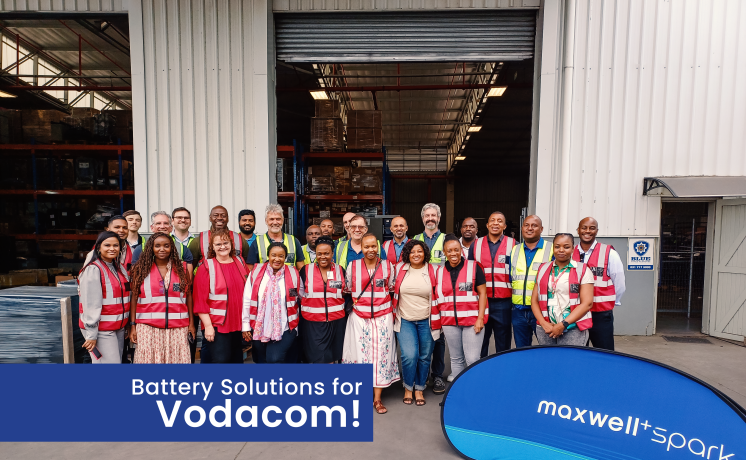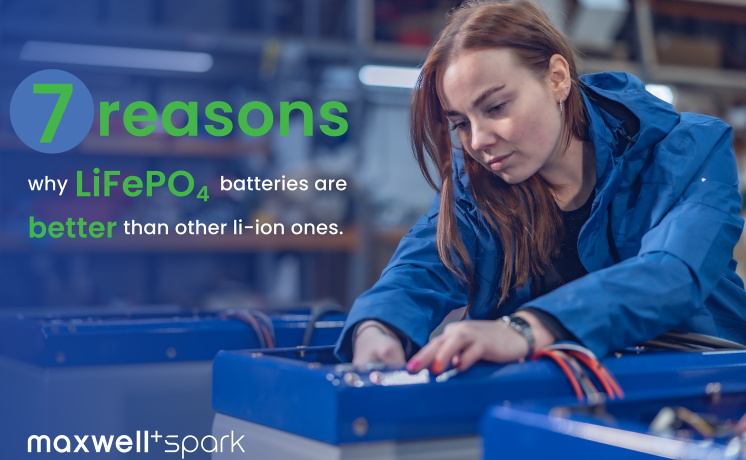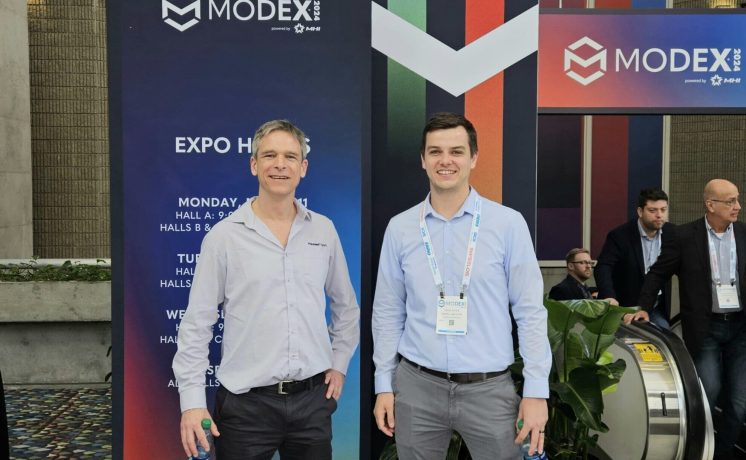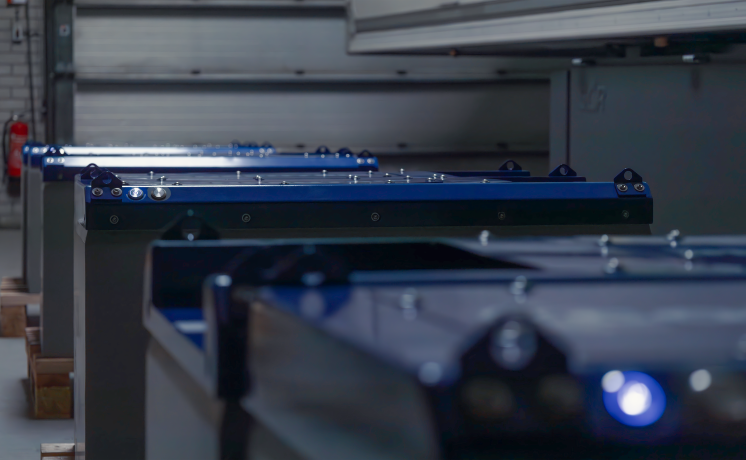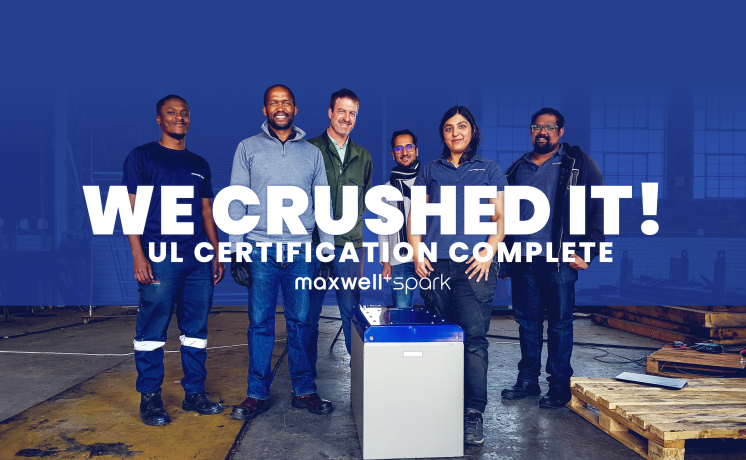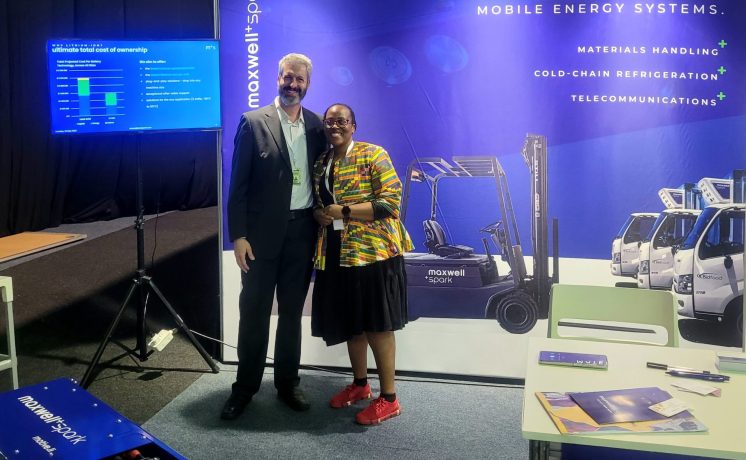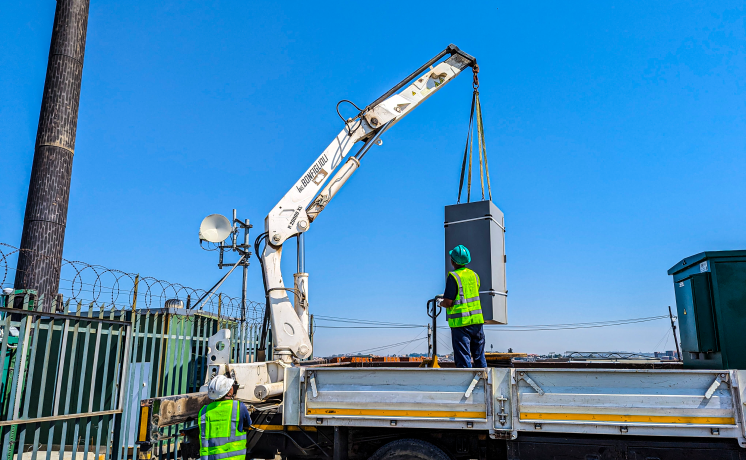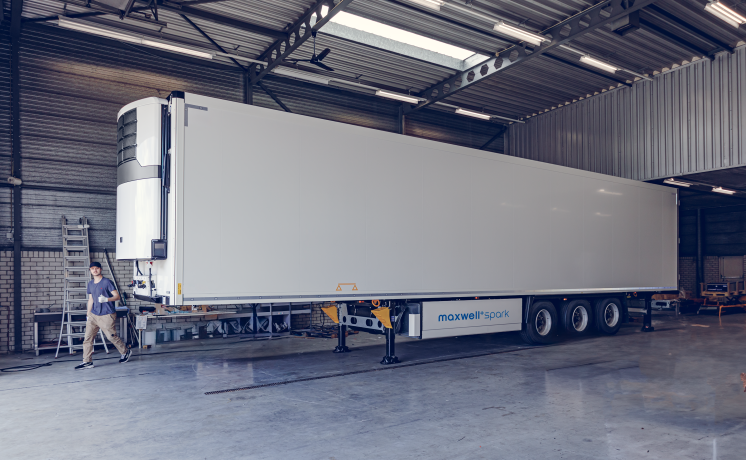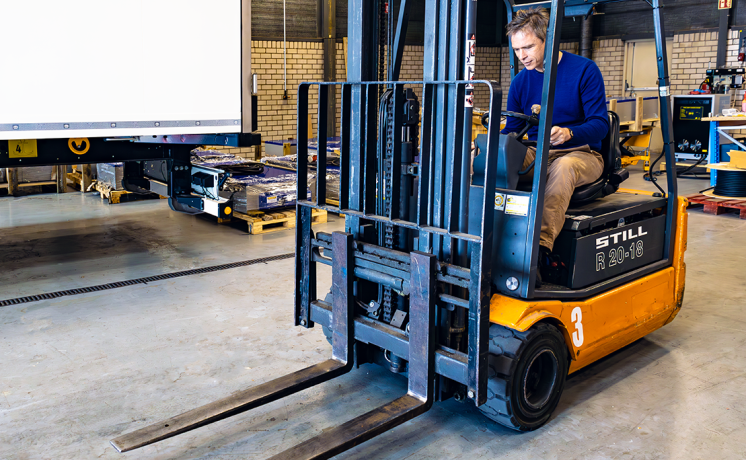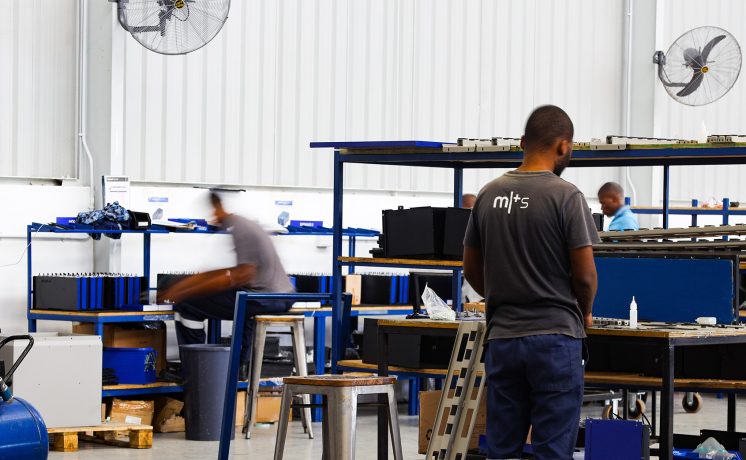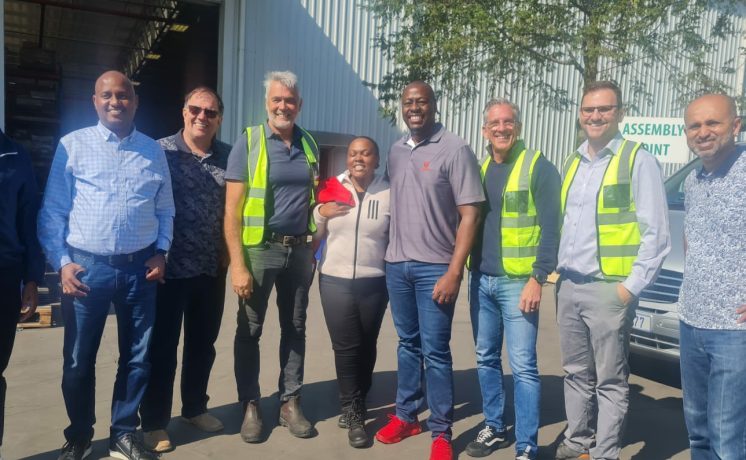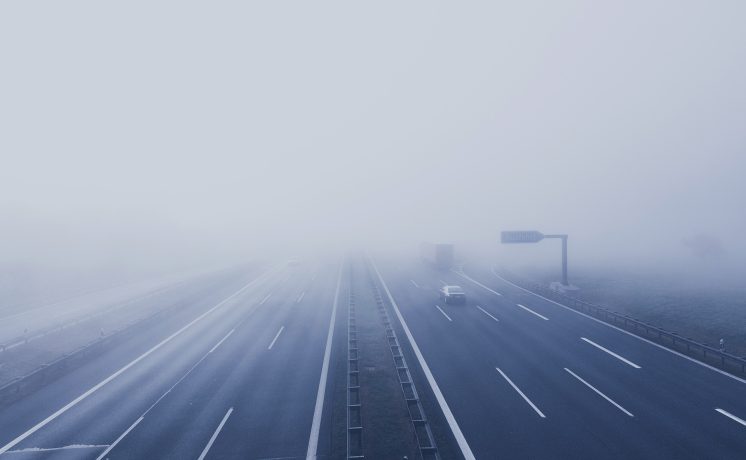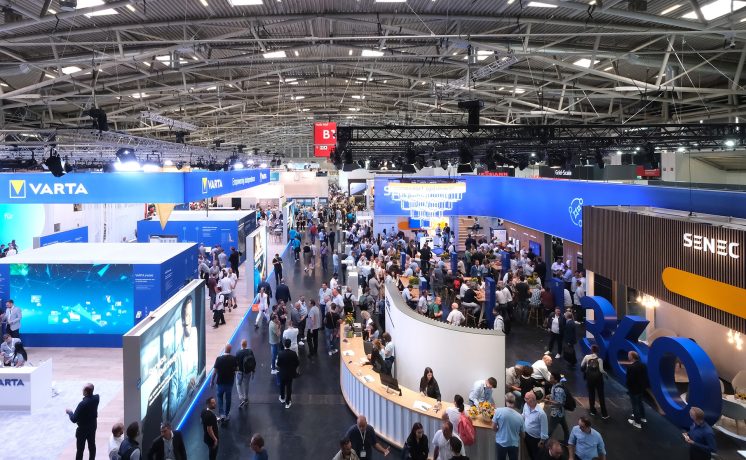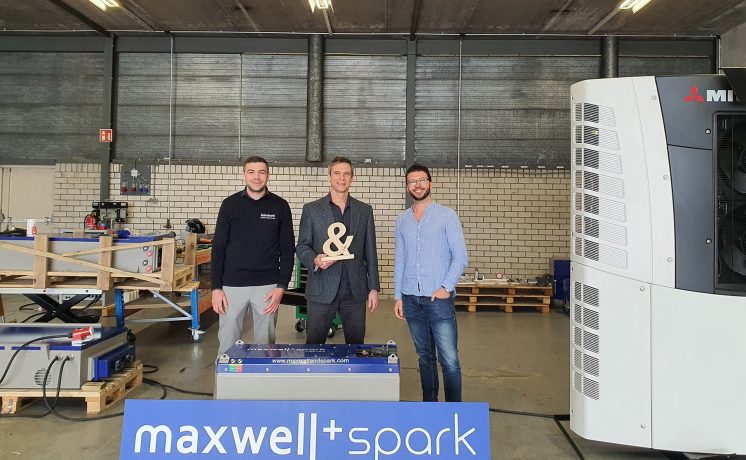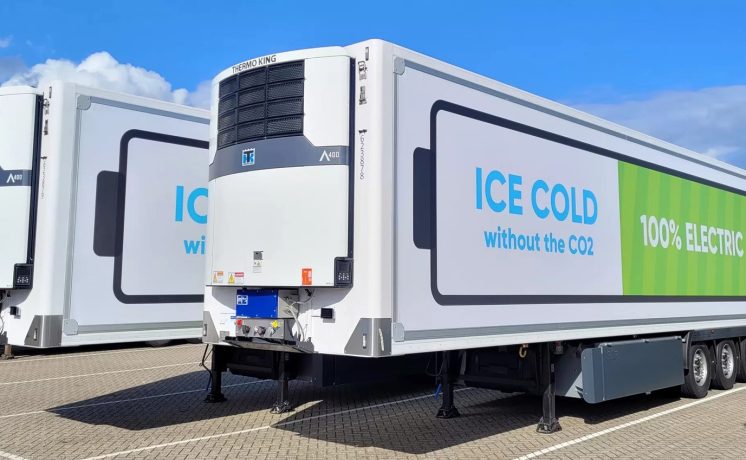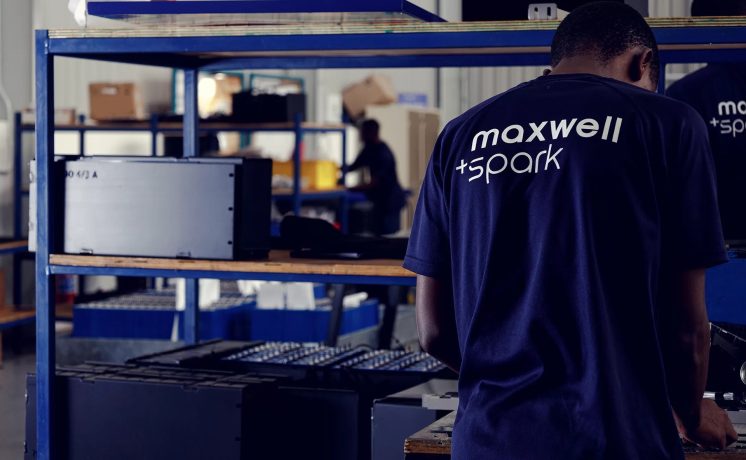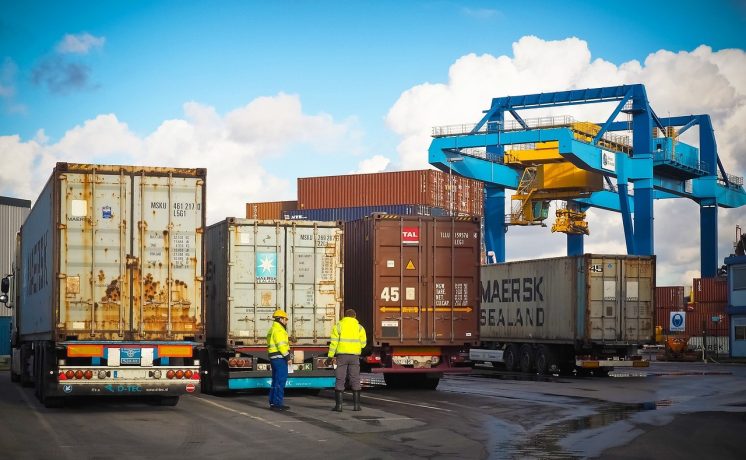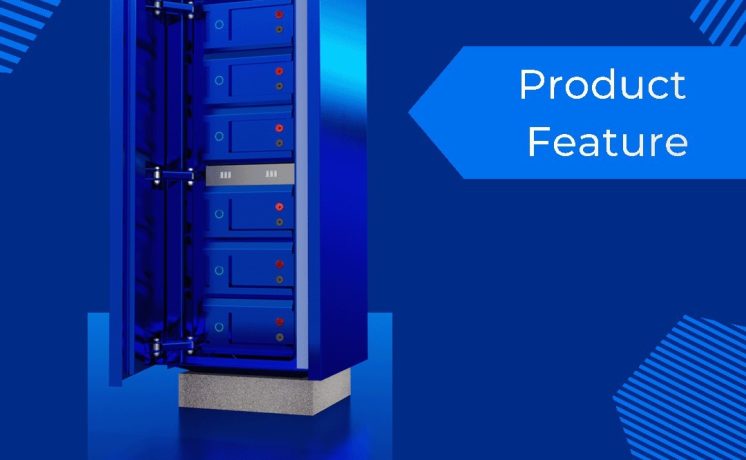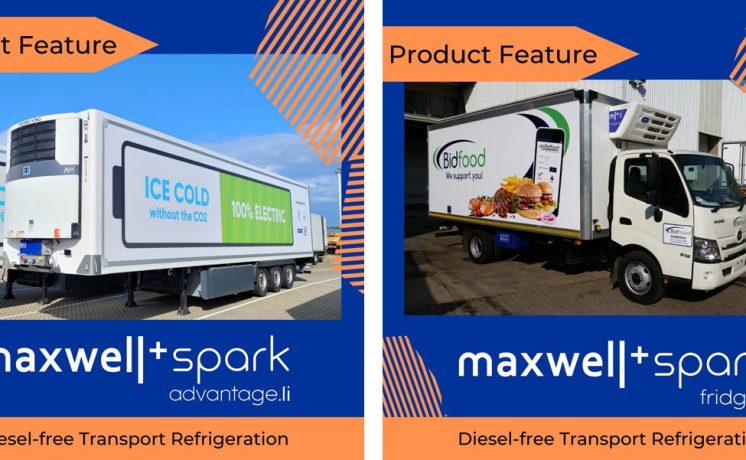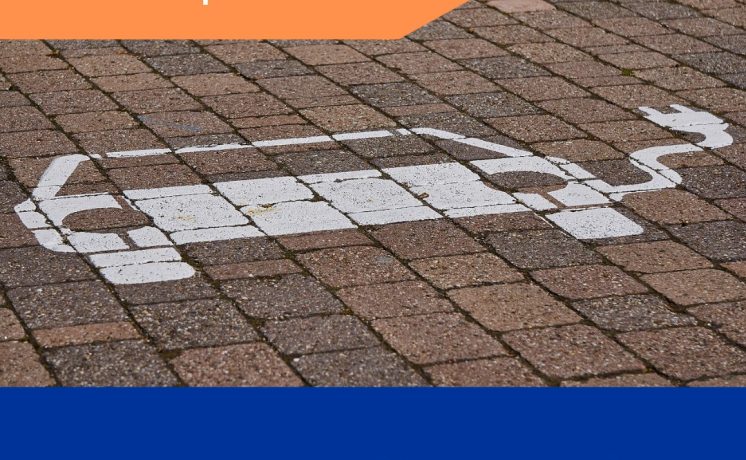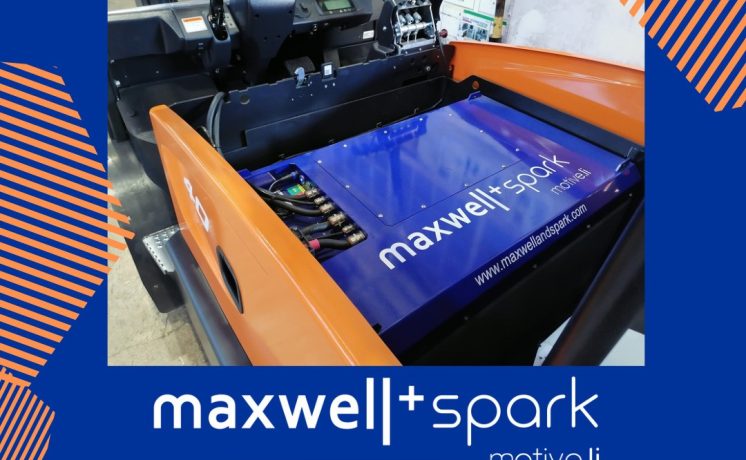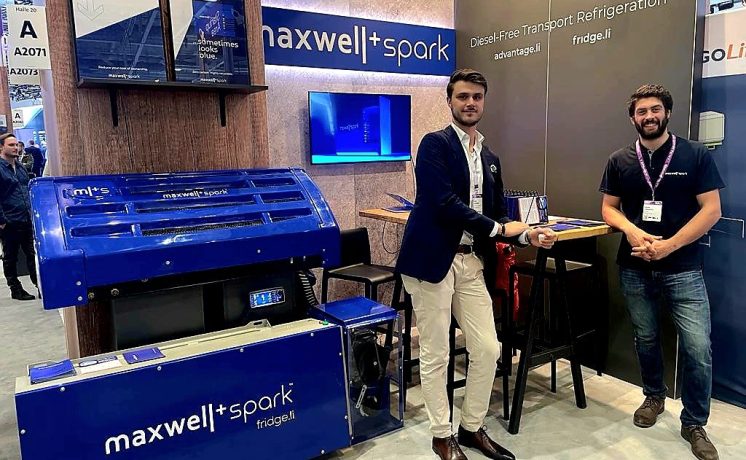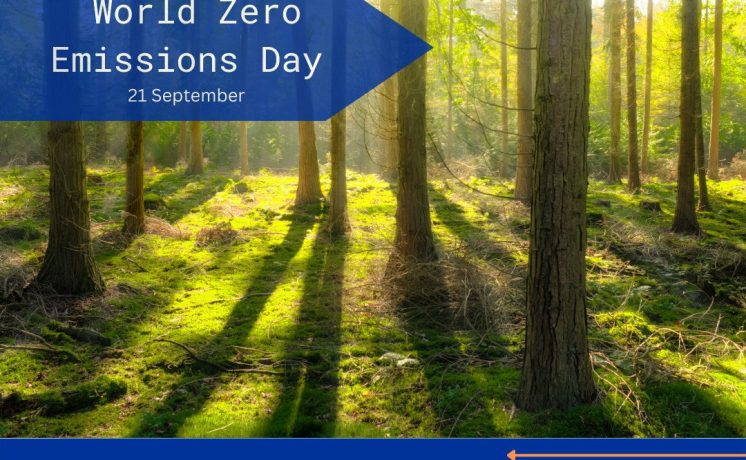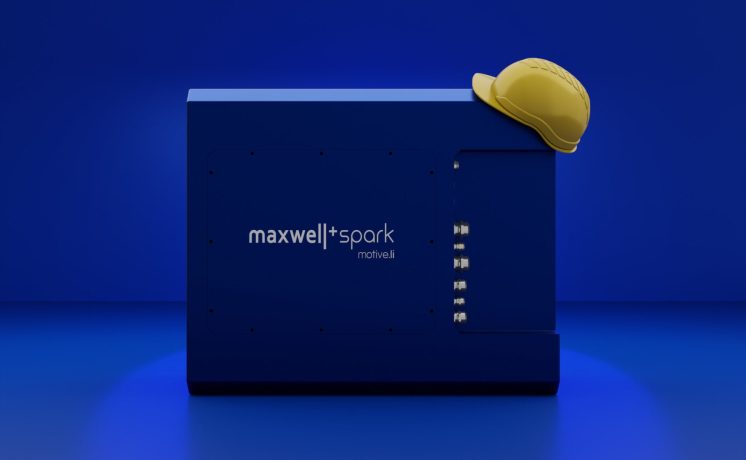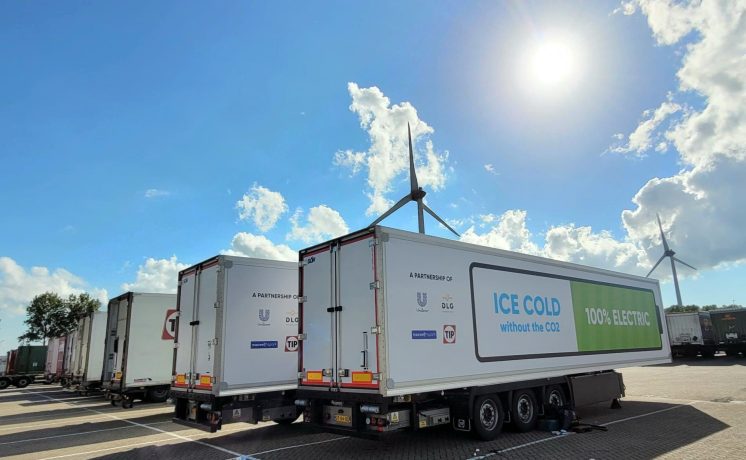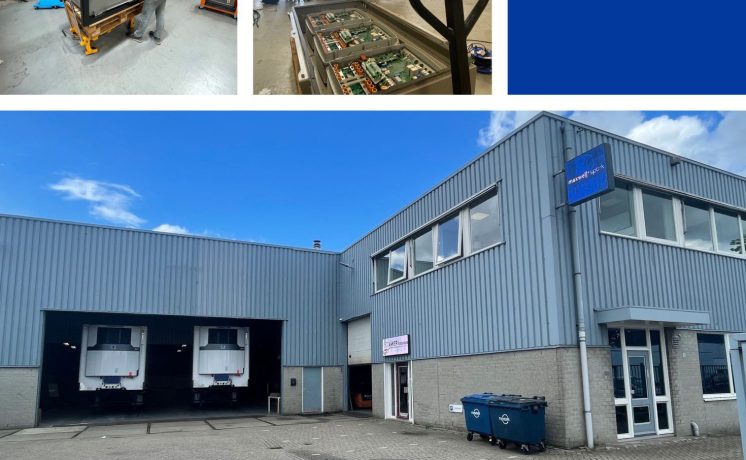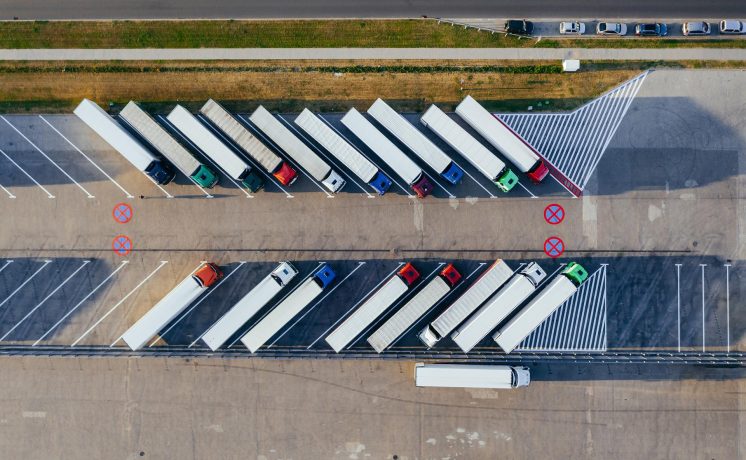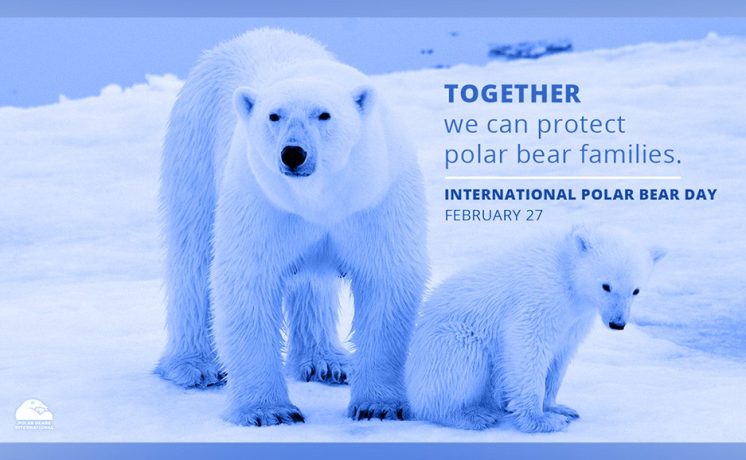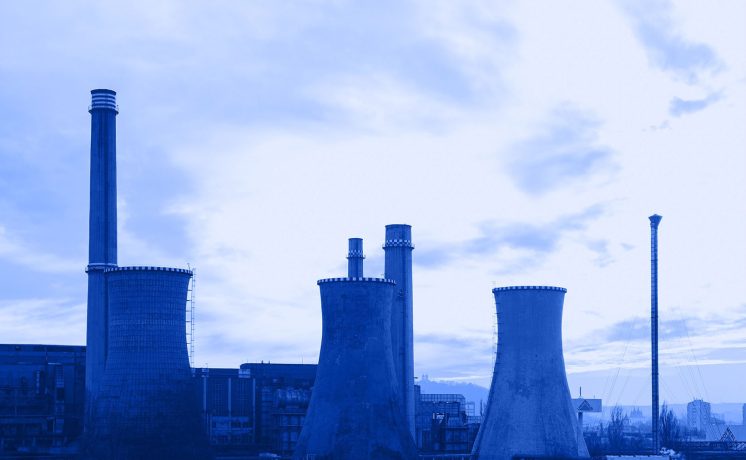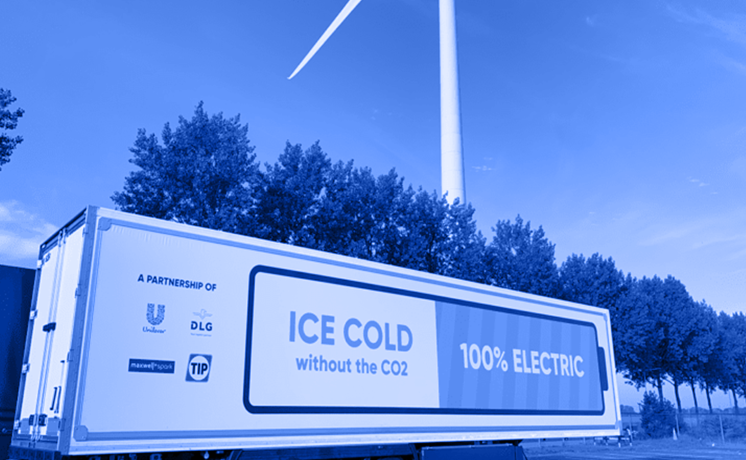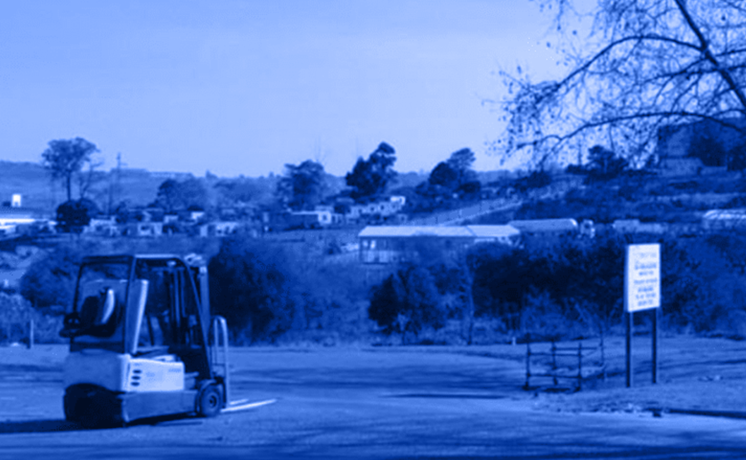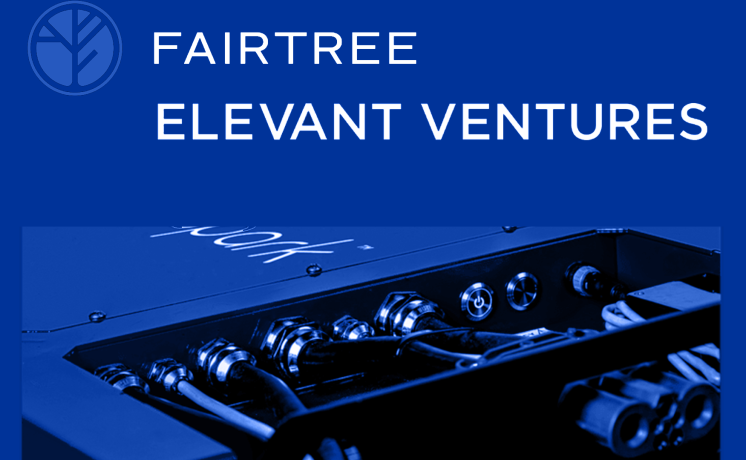From frozen peas to ice-cream, to dairy and fresh vegetables, the cold chain ensures that products reach their destination in the same condition that they were shipped: fresh, safe and ready for consumption. The alternative means foods perish, pose a health hazard, and go to waste, which carries both a financial and carbon cost. The Food and Agriculture Organisation of the United Nations estimates that 14 percent of food produced for human consumption is lost per year (2019).
Efficient food cold chains are a powerful tool to boost incomes, foster economic growth and lower waste. However, the irony is that the technology that ensures that foods are kept cold, is exactly the technology that contributes to global warming. This is because most transport refrigeration units (TRUs) run on diesel, which is noisy and polluting.
The cooling of refrigerated vehicles in the EU emits 13 million tonnes of CO2, 40,000 tonnes of NOx, and 5,000 tonnes of particulate matter per year. This equates to the emissions produced by 56 million diesel cars (Dearman Report 2015).
As the EU fleet of TRUs grows by 20% to 1.2 million by 2025, pollution from these units could cost EU countries a total of 22 billion euros over the next decade. If no action is taken, the emissions will also have a significant impact on the environment and public health, resulting in an annual burden of 2.5 billion euros by 2025 (Dearman Report 2015). This is where frozen peas and air quality intersect.
While much attention has been given to electrifying the logistics sector and addressing the carbon emissions associated with trucking, TRUs have received less attention. The thing about frozen peas is that for them to remain frozen, a diesel-powered TRU must continue to run even when the vehicle is stopped, sometimes for up to 12 hours a day. As a result, the peas remain cold, but the carbon emissions contribute to global warming and public health problems especially around logistics hubs.
At maxwell+spark we engineer solutions aimed at addressing this. Our lithium-ion powered battery systems for rigid trucks (fridge.li) and trailers (advantage.li) enable any diesel TRU to run on 100% green energy using the safest, most familiar technology available. One of our transport refrigeration systems is equivalent to taking about 20 diesel cars off the road in terms of CO2 emissions, and equivalent to taking about 150 diesel cars off the road in terms particulate emissions. It saves not only on emissions, but also cost, which incentivises the sector to shift to more climate-friendly TRUs.
The thing about frozen peas (along with medicine, and other temperature-sensitive products) is that we need them; they are part of the movement of goods that help sustain us. Maxwell+spark is dedicated to contributing greener solutions in the logistics sector and a big part of that solution is shifting to climate-friendly TRUs.
#greenlogistics #carbonemissions
